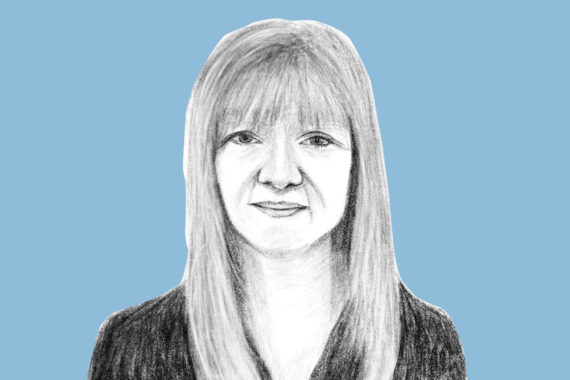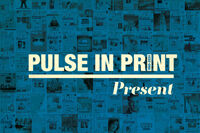One thing gives general practice hope: GPs


As part of the Pulse in Print series looking at the current state of the profession, columnist Dr Zoe Rog says there are some reasons for optimism
The echoes of the weekly clapping for the NHS in the early days of the pandemic have long died away. Politicians want the public to believe they are improving general practice, whereas we really do want it to improve. Yet GPs are excluded from input into policymaking that would benefit the public.
But maybe there is a glimmer of hope. In the latest National GP Patient Survey, more than 80% of patients thought the healthcare professional they saw gave them enough time and listened with care and concern. In the most recent Friends and Family Test data, 91% of patients reported a positive experience of general practice. Given the pressures we face, these results are, frankly, remarkable.
Despite the media portraying GPs as lazy and overpaid, we’re as hardworking and dedicated as we’ve always been. In less than 10 minutes we can elicit details about a person’s problems and discuss a way forward tailored to them. In a short time, we can build a relationship with a patient that they’ll value above many others in their life.
I haven’t met any GPs who regularly go home early but I know many who almost always stay late. When long-serving GPs retire there are generally a number of patients who bring gifts and lament the loss of ‘their’ doctor. I don’t ever recall that reaction when a Prime Minister leaves office. In the last ONS survey about trust in politics, only 35% of the UK population reported trust in the Government, while in the GP Patient Survey, 93% of patients said they had confidence and trust in the healthcare professional they saw.
We provide high-quality education for the next generation of GPs – one-to-one mentoring from an experienced professional who is passionate about their craft. We’re also incredibly good value. Whenever a service GPs are providing is offered in another setting, it inevitably costs more.
Imagine how effective we could be with even a modest increase in funding, a little more respect from politicians and the media, and if our ideas to improve the service were adopted. We might just find ourselves in a better place, and so would our patients.

Dr Zoe Rog, GP in Runcorn, Cheshire
Pulse October survey
Take our July 2025 survey to potentially win £1.000 worth of tokens










